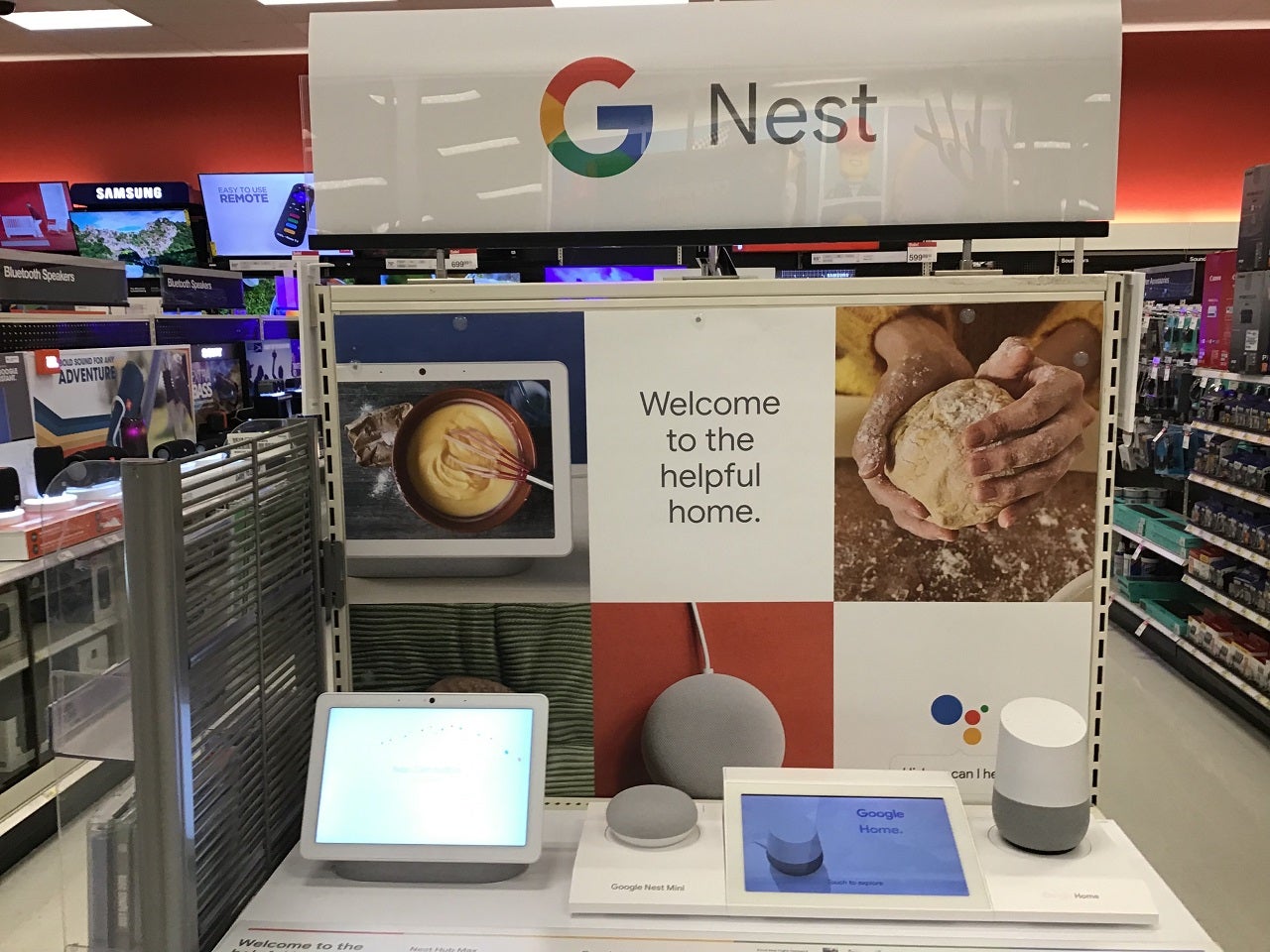
Google has pledged to make all its product packaging 100% plastic free and recyclable by 2025.
The new goal was revealed as part of an update on the company’s next steps towards reaching sustainable hardware.
In a Google blog post, Sustainability Systems architect David Bourne said: “We’ll continue to keep all shipping of Made by Google hardware to and from our direct customers 100% carbon neutral.
“And we want to take things a step further by ensuring that the product box itself is sustainable and recyclable, removing headaches for the recyclers who process it.
“We’ve already made a reduction in plastic use in our packaging since 2016, but we have a lot of hard work ahead in order to meet this new goal.
“To get us there, we need to uncover alternative, recyclable materials that will still protect our products.
“It’ll take partnering with our suppliers, tinkering in the lab and sharing learnings across the industry, but we’ll get there.”
Meanwhile, Google has revealed that it already reached its commitment, which was announced last year, to use recycled materials in all its products by 2022.
It was realised by using recycled material in the hardware design of all the new Pixel and Nest products.
The company has incorporated 100% recycled aluminium, 70% recycled plastic and 75% post-consumer recycled plastic in these products.
In addition, Google noted that it has updated its original goal and pledged to 50% recycled or renewable material by 2025.
Furthermore, it aims to obtain UL 2799 Zero Waste to Landfill certification at all final assembly manufacturing sites by 2022.



